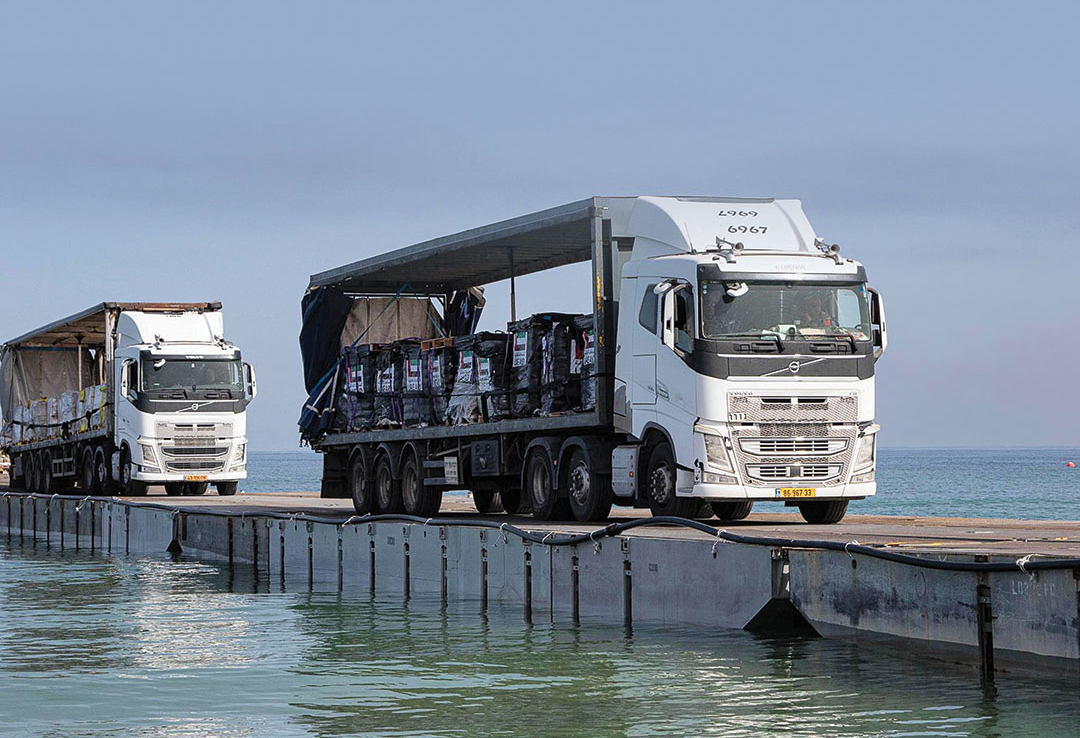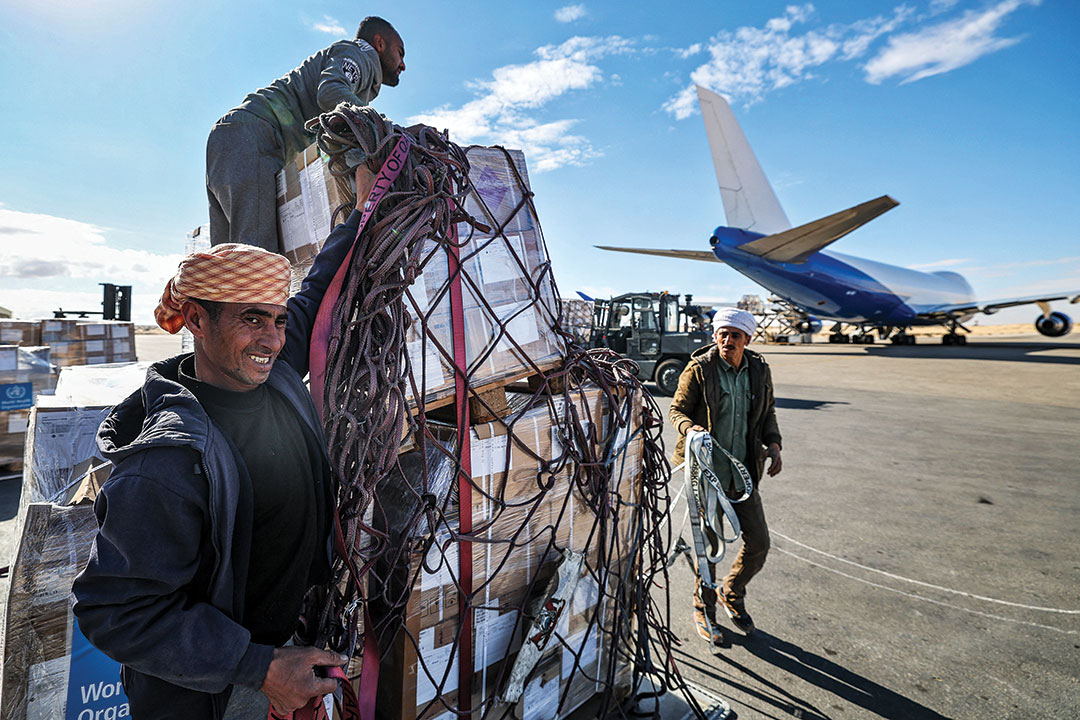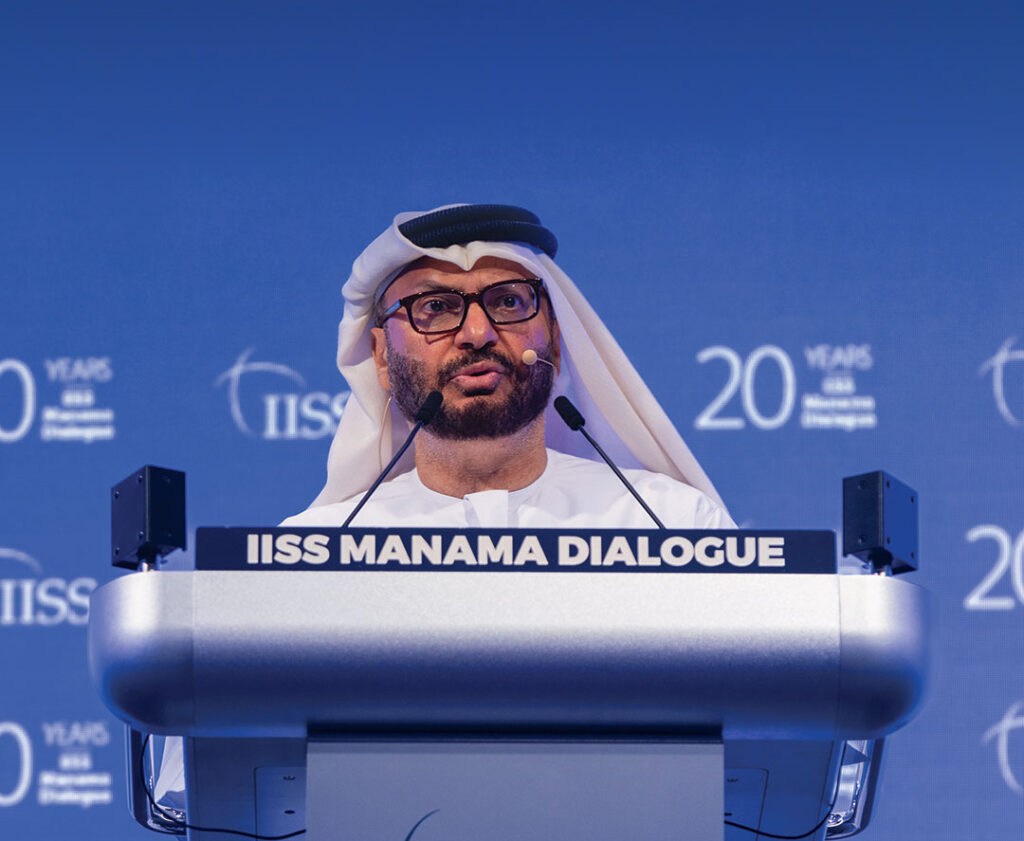Is is still a tense and difficult time in the region and the world. We see crises around us, in Gaza, in Lebanon, in Sudan, Ukraine, and the dramatic developments in Syria. All of these have serious impacts on the peoples of the region, on the economies, on states’ stability and prospects for the future.
Where has a year taken us? As the title of our session suggests, global and Middle East security are inherently connected, so I must acknowledge the international context. A lot has changed in a short time, but the international system continues on the same trajectory we discussed in Manama one year ago.
It is impacted by geopolitical competition, whether in the Middle East, Indo-Pacific region or elsewhere, by growing multipolarity and by threats to international norms. This is an increasingly complex and uncertain global security environment. Given the current trajectory of the world order, it is a legitimate aspiration that Middle Eastern states seek to maintain their international relationships and enhance strategic autonomy.
The Middle East remains mired in overlapping crises, converging to create immense human suffering. There is still uncertainty about the form of resolutions to these crises. What is certain is that we must try harder, through rigorous diplomacy, to resolve conflicts and prevent them from becoming endless wars.

We must work hard to break the cycle of chaos and violence in the region. We also need to look constructively at what we can do to stop the cycle of violence from spreading. It is imperative that we work urgently to help people living under desperate conditions, those who are suffering and those in urgent need of medical assistance, food and shelter. Conflict in the region is devastating lives.
The unfolding events in Syria are also a clear indication of political failure and the destructive nature of conflict and chaos.
The United States has historically played an essential role in the Middle East, and that role remains as vital as ever. We will have to wait and see how the U.S.’s role will evolve and what this means for regional and international issues. As close partners and allies, the United Arab Emirates (UAE) will work with the U.S. on the most significant issues confronting our region and the world.
I would like to focus on sets of issues the Middle East is facing today and look ahead at what will improve our ability to find collective solutions to difficult problems.
The first set of issues relates to the important lesson we have learned from recent conflicts in the Middle East, which is that when problems are left unresolved, they only get worse. And actors that operate outside of state control will try to exploit the situation.
It is important to reiterate that nonstate actors should not be allowed the opportunity to exploit political vacuums. The events of recent years have shown us once again how destructive a role those actors can play and how important it is to strengthen the role of the national state in the Middle East, as well as the role of the institutions of the national state.

Defense and military functions, in particular, should be fully and exclusively under control of the state. These functions should not belong to militias and private armies. Seeing attacks across Middle East skies compels us to reassess the meaning of sovereignty in our region in the coming years.
The second issue I want to call attention to is the danger of extremism. In the Gaza conflict, extremists promoted narratives based on radical sentiment. And as conflict tends to stoke further polarization, there is a real risk that spillover effects could embolden extremists from across the region.
The United Arab Emirates has always expressed its preference clearly: Finding a center ground is a strategic imperative, as is the need to find new pathways to dialogue and cooperation.
This leads to a third set of issues. For a broader transformation of the Middle East, greater cooperation among the region’s states is necessary — cooperation among the Arab states, as well as cooperation that includes productive dialogue among Arab states and key regional neighbors, including Iran and Turkiye. In a region that is a major hot spot in global security, these efforts also require strong relationships with trusted international partners.
Some goals may seem difficult to achieve, particularly as security concerns loom large in this era of uncertainty. However, while the protection of national security is of vital concern, this objective should not be pursued at the expense of other states’ security or at the expense of effective humanitarian responses for those in need.
If we do not build bridges and partnerships, if we do not work collaboratively, the alternative could be an endless struggle over the region’s problems. The stakes could not be higher. In the Middle East and North Africa, over half of the region’s people are under 30 years old. The region’s young people are impatient for solutions, eager for better results. They need this countervision to the region’s future.
In the face of these challenges, the UAE has been a committed partner, working widely with allies and like-minded friends for security and peace in the region, for prosperity, for stability, and for humanitarian assistance. We are fully prepared to do our part. I believe, on the other hand, that the Arabian Gulf states have successfully built a credible model that can inspire the region and address the aspirations of younger generations.
In a region comprising countries vulnerable to climate crisis, to food and water insecurity, in a region where economies require rapid transformation, we can pursue collaborative agendas for the common good. Even as we deal with our current challenges, immense opportunities for cooperation abound.
Addressing these challenges will be a tall order for the region’s governments, but the Middle East’s security and prosperity are ultimately our responsibility. Hard choices will face us and our partners. The leading role of the U.S. remains as important as ever in trying days ahead.
It is in our collective interest that we broaden engagement with the U.S. and key international partners through greater dialogue based upon shared objectives in a way that respects the strategic autonomy of Middle Eastern states. Together we can continue to support diplomacy and deter conflict.

